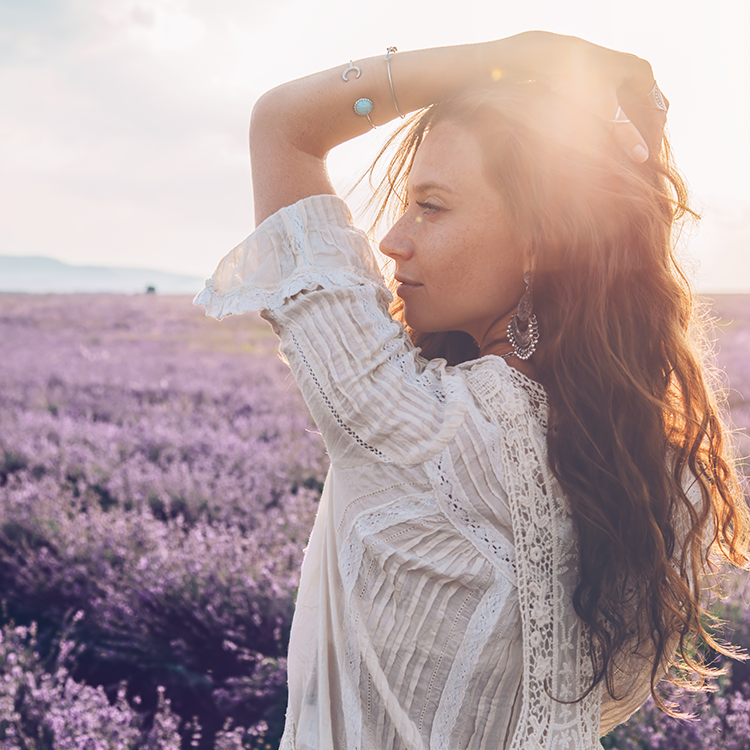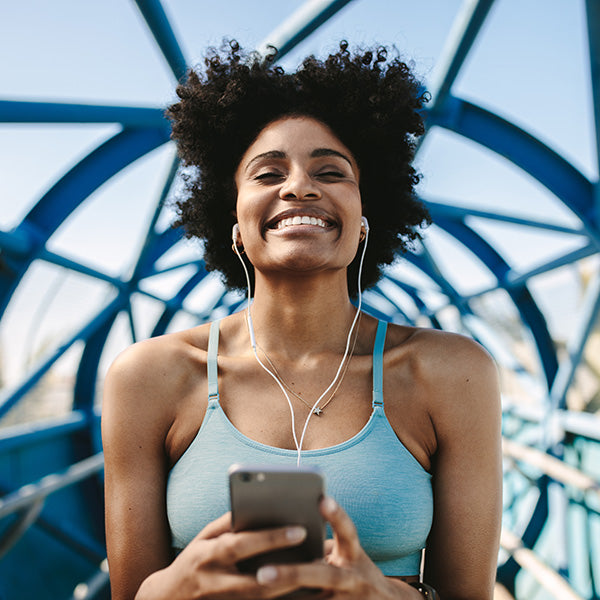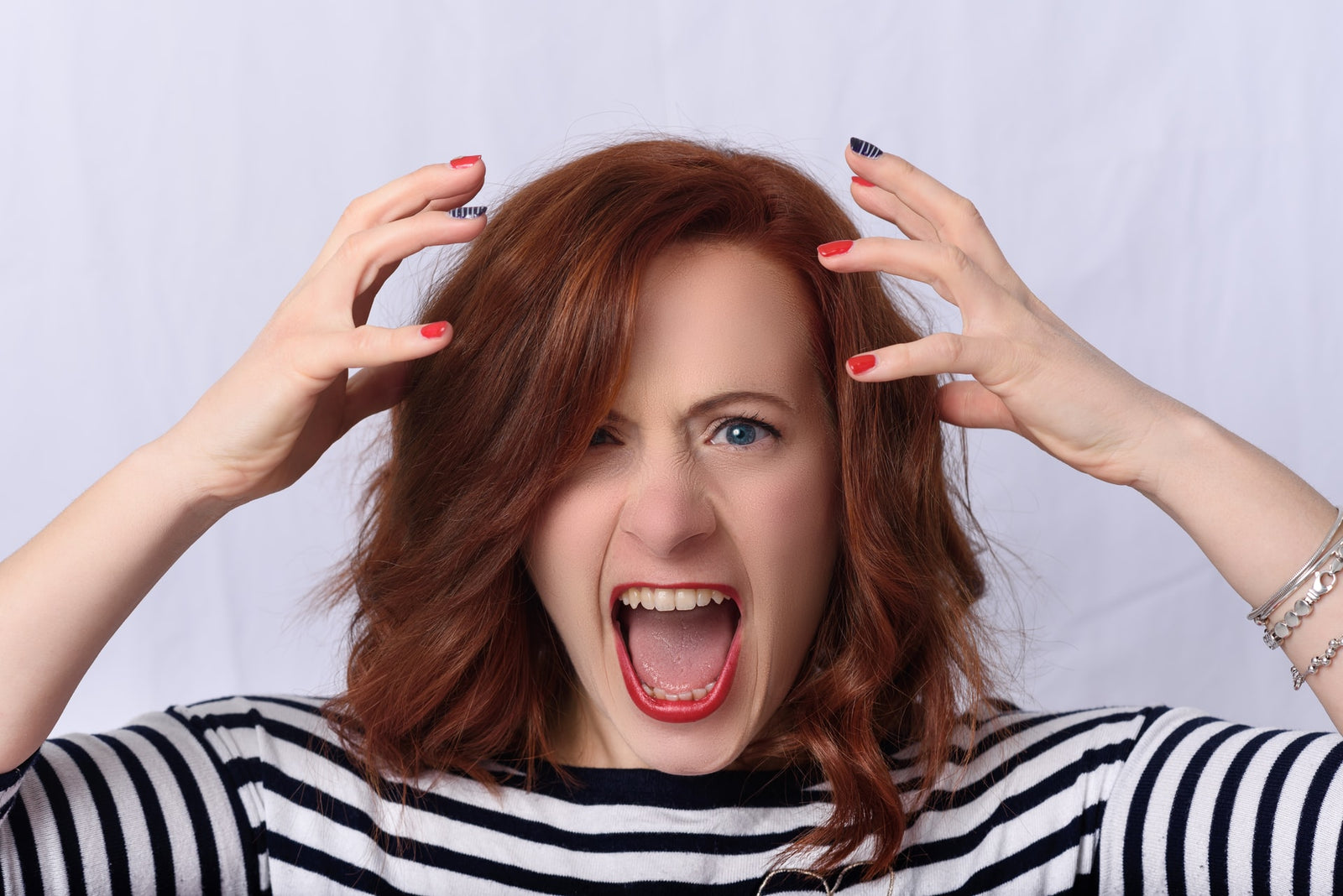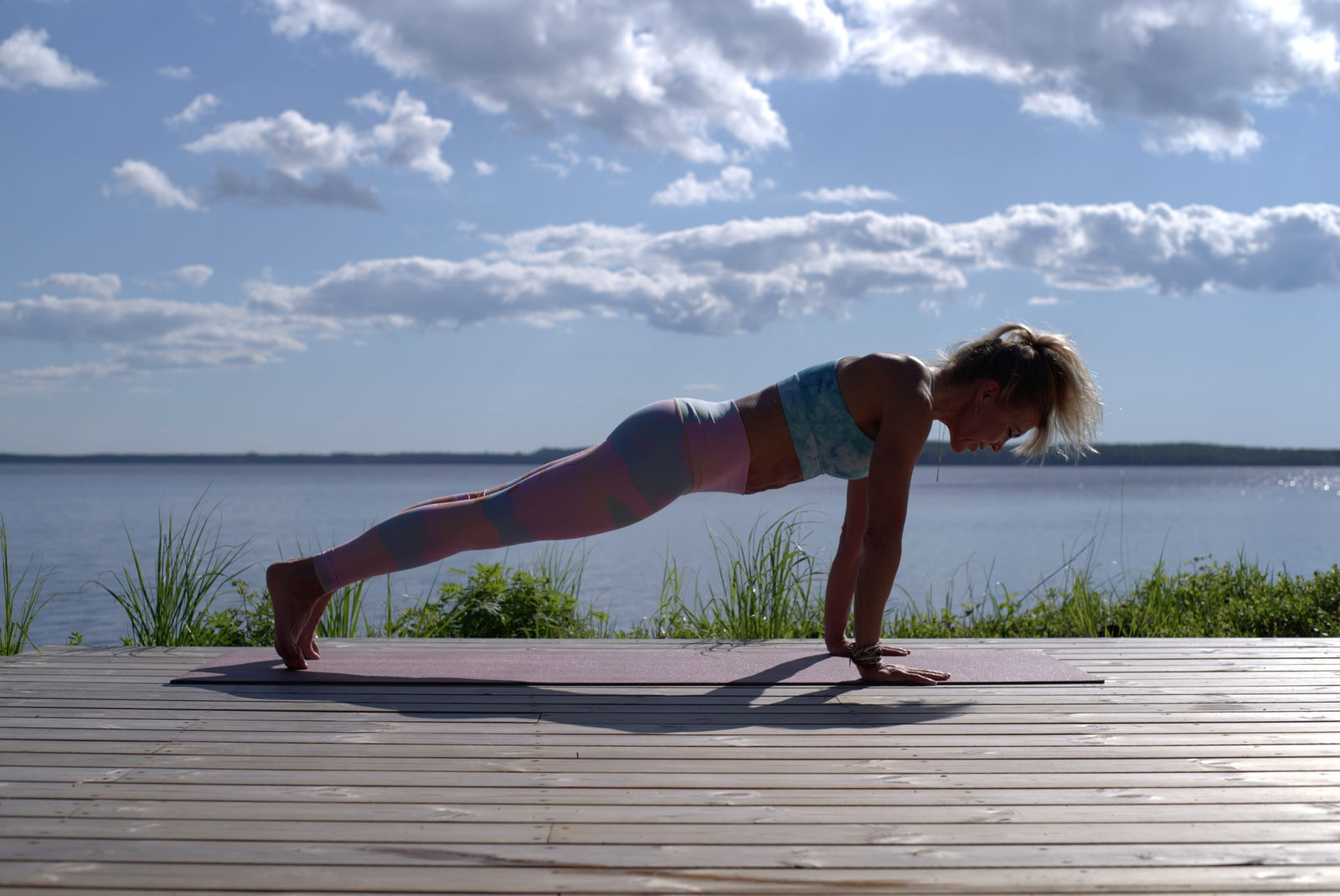What if I tell you that there’s such a thing as “Nature’s Valium”?
Yes, that’s right. There’s a totally natural version of a sleeping pill that can help you get a much better snooze.
Valerian, or Valeriana officinalis, is an herb originally found in Asia and Europe, but now grown in the US, China, and other countries. [1]
Herbal and medicinal preparations are commonly sourced from the root of Valerian, hence you’ll see various supplements carrying “Valerian root” either as an individual preparation or an ingredient of sleeping aid.
But what is valerian for? Is it safe and effective?
Valerian benefits: what’s it for?
The most common use for valerian is as a remedy for sleeping disorders, specifically insomnia.
It’s also taken orally for anxiety and stress, although more research is needed to support this claim.
Valerian extracts and oils are also used as a flavoring for food and beverage. [2]
This said, the benefits of valerian are as follows: [3]
- falling asleep faster
- better sleep quality
- relief from restlessness and other anxiety disorder symptoms
- no "hangover effect" in the morning
Note though that more research is needed to prove that valerian, and not any other ingredients and factors, is the one bringing these effects.
Also, researchers have yet to prove that valerian indeed caused a “statistically significant” improvement in insomnia and anxiety.
How does valerian promote sleep?
While the jury’s still out on how Valerian leads to better sleep, researchers think it has something to do with a rather low-key buildup of a chemical in our body. Known for its calming, sleep-inducing, sedative-like effect in our system, the levels of gamma-aminobutyric acid (GABA) in the brain is said to rise when we take Valerian. [2]
Here’s the interesting thing. Do you know what other things stimulates GABA receptors in the brain?
Benzodiazepines and non-benzodiazepine sleep aids and popular prescription drugs used to ease anxiety… like Xanax and Valium.
Didn’t we say at the start of this article that Valerian is also called “nature’s Valium”?
Note though that concrete proof that this is actually the case remains to be available. At this point, it’s still researchers’ hypothesis and more studies are needed to justify it.

What research says about valerian
So how valerian actually works remains to be established.
But what do existing research on sleep and its link to valerian say?
Let’s count the ways. [4]
Valerian helps you sleep faster, more frequently, and have better quality shut-eye. [5, 6, 7, 8, 9, 10]
In a controlled study, 24 out of 27 adults who were having a hard time sleeping said they had “perfect sleep” after taking 400 mg of valerian root. [11]
Valerian can get you deep sleep.
Deep sleep, or slow-wave sleep, takes place when your “body and brain waves slow down.” [12] This part of slumber is essential in repairing, recharging and rejuvenating your body, making you feel zestful and well-rested upon waking up.
According to a study, adult insomnia sufferers achieved deep sleep 36% faster with a single dose of valerian. Not only that, but the same group also spent longer time in deep sleep after 14 days of taking valerian. [13]
Valerian helps treat insomnia after stopping medications.
Massive improvements were reported among people who had stopped taking benzodiazepines, or sedative medications that may lead to dependence over time [14]. In a study, long-time users of benzodiazepines suffering from withdrawal symptoms noted a much better quality sleep after taking valerian for two weeks. [15]
Valerian brings better quality sleep – not only for adults but for children as well.
Studies were also conducted to prove valerian’s positive impact on children. [16, 17] A small eight-week study of developmentally delayed children with sleeping disorders showed that valerian helped them sleep faster, longer and deeper. [18]
Valerian may be effective but in combination with other medicinal herbs.
Note that most of the studies and research on valerian so far look into its effects, not specific to valerian as an individual medicinal herb, but in combination with others like passionflower and kava.
Take this literature review for instance, which investigated 24 studies on how effective herbal supplements are on anxiety. [19] Or this individual study probing into the impact of herbal supplements on insomnia among 120 participants. [20]
While both studies found strong evidence on the effectivity of herbal supplements on both anxiety and insomnia, none of them singled out valerian as the cause for the effects (pun intended).
With this, more valerian-specific studies are needed to prove that the herb itself is responsible for significant improvements in sleep and anxiety.

Does valerian have side effects?
Majority of the articles on valerian have shown that the herb is safe and doesn’t have any adverse effects on the body.
Valerian also doesn’t seem to cause dependency or withdrawal symptoms, unlike other medications taken for anxiety and sleep.
Studies have shown robust evidence on how safe valerian is:
- Studies show that valerian makes no adverse changes in DNA, nor in cancer therapy among patients taking it for easing anxiety and getting better sleep. [21, 22]
- Valerian has no adverse effects on the mental or physical performance. A study specifically shows that valerian does NOT interfere with morning reaction time, alertness or concentration among those who take it the evening before. [23]
While side effects are rare, there were reports of headaches, stomach pain, and dizziness in very few cases.
Some precautions need to be taken for pregnant women, children below three years old, and those with liver disease or serious medical conditions. Since these groups haven’t been included in studies done on valerian yet, it’s better to err on the side of caution and consult a doctor prior to taking valerian.
Conclusion
Valerian is a medicinal herb that may help you achieve better quality sleep, making you sleep faster, longer and deeper. It also brings in a lot of other benefits like easing anxiety and getting rid of that “hangover” feeling in the morning.
Its positive effects are not only observed among adults but also children suffering from sleep difficulties.
This is great news, as valerian doesn’t seem to cause dependence and withdrawal symptoms. In fact, it works among people who have quit taking sleeping aids and suffering from withdrawals at the same time.
While not valerian-specific, studies have shown the herb causes significant improvements in sleep.
Given all these great things about valerian, you may want to give it a try. VALI Sleep Well has 150 mg of valerian, which makes biohacking sleep easier without its potent smell.
That makes for a perfect non-habit forming sleeping aid!
Sources
[1] https://www.healthline.com/nutrition/valerian-root#section1
[2] https://www.healthline.com/health/food-nutrition/valerian-root#what-it-is
[3] https://www.medicalnewstoday.com/articles/318088.php
[4] https://www.healthline.com/nutrition/valerian-root#section4
[5] https://www.ncbi.nlm.nih.gov/pubmed/17268081
[6] https://www.ncbi.nlm.nih.gov/pubmed/3936097
[7] https://www.ncbi.nlm.nih.gov/pubmed/7122669
[8] https://www.ncbi.nlm.nih.gov/pubmed/24199972
[9] https://www.ncbi.nlm.nih.gov/pubmed/21775910
[10] https://www.ncbi.nlm.nih.gov/pubmed/2678162
[11] https://www.ncbi.nlm.nih.gov/pubmed/2678162
[12] https://www.healthline.com/health/deep-sleep
[13] https://www.ncbi.nlm.nih.gov/pubmed/10761819
[14] https://www.ncbi.nlm.nih.gov/pubmed/19062773
[15] https://www.ncbi.nlm.nih.gov/pubmed/11999905
[16] https://www.ncbi.nlm.nih.gov/pubmed/16487692
[17] https://www.ncbi.nlm.nih.gov/pubmed/12120807
[18] https://www.ncbi.nlm.nih.gov/pubmed/12120807
[19] https://www.ncbi.nlm.nih.gov/pmc/articles/PMC2959081/
[20] https://www.ncbi.nlm.nih.gov/pmc/articles/PMC5457154/
[21] https://www.ncbi.nlm.nih.gov/pubmed/24837473








